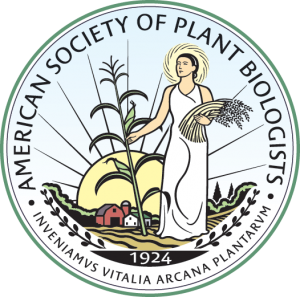Testimonials for Pioneer Member Ernest Jaworski
Danforth Plant Science Center – Ernest (“Ernie”) Jaworski, Ph.D.,a pioneer in plant science. Ernie put together the first biotechnology group at Monsanto in the 1970s, with the aim to use modern genetics to develop useful traits and improve agriculture. Early ideas included using mutagenesis of crop plants to develop useful traits to improve farm productivity. Then, the world changed as Ernie’s team pioneered the development and application of recombinant DNA techniques as a crop breeding tool in commercial agriculture. Among many other important outcomes, this work resulted in safer ways to control crop pests and dramatically reduce pesticide use around the globe. In 1998, he was awarded the National Medal of Technology for outstanding contributions to plant science and agriculture. After retirement, Ernie worked tirelessly in the St. Louis community, including with the Danforth Plant Science Center. He provided critical leadership in launching the Danforth Center, serving as interim president from August 1, 1998, to December 31, 1998. In the years that followed, Ernie served as a valued advisor, member of the Friends Committee and ever-present supporter at Center events. Ernie will be missed deeply by his many friends at the Danforth Center, and by his friends and colleagues in St. Louis and around the world.
Ganesh Kishore – Dr. Ernie Jaworski played a pivotal role in establishing Life Sciences R&D at Monsanto, recruiting talent and establishing both Plant Sciences Research and Human Health Care Research. Monsanto’s phenomenal contributions to plant transformation, pest control traits were inspired by the talent Ernie nurtured.
Stephen Rogers – Dr Jaworski applied biochemistry to the study of herbicied mode of action. He encouraged and supported the use of molecular biology and molecular genetics to solve problems and create means to introduce genes from plant and microbial sources that could fight disease, insect predation and herbicide resistance.
He participated in many academic events and supported the work of many academic laboratories through grants and materials. He served on institutional boards such as that of the Boyce Thompson at Cornell.
In toto, he was a strong supporter and innovator in bringing new technologies to to academic research organizations and industry. Many scientists trained in the industrial labs he supported spread his approach to other a industrial and academic laboratories.
